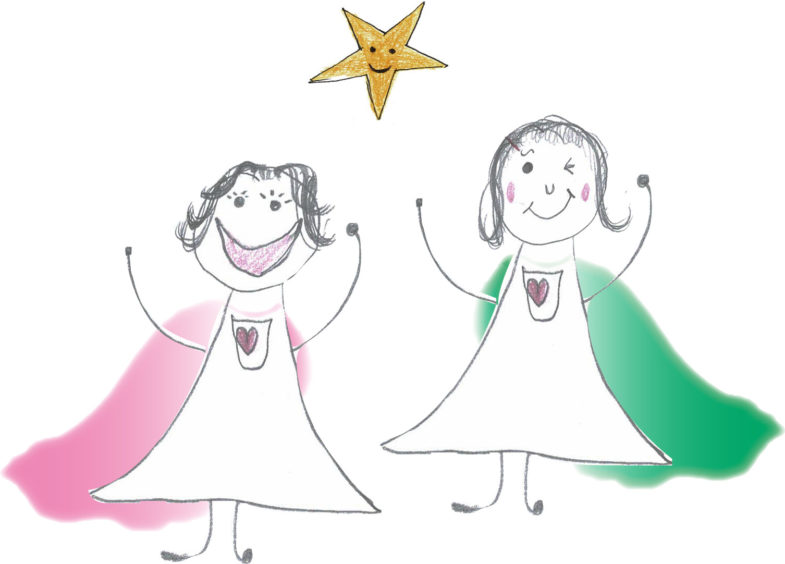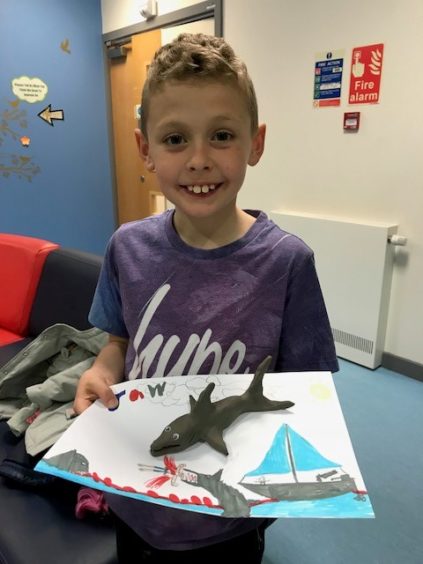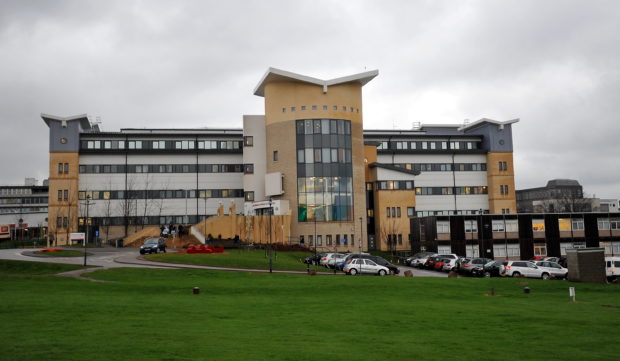The Teapot Trust has launched a funding appeal to support the art-based therapy it undertakes with youngsters at the Royal Aberdeen Children’s Hospital.
Its new campaign, ‘doART Heroes’, calls on individuals to give regular donations that will enable the trust to provide a dependable income for its therapists.
They provide vital art therapy treatment for children battling physical and mental health conditions.
The name of the campaign was chosen to encourage supporters of the trust to see themselves as heroes for raising awareness and funds for the trust.
The campaign’s illustrations of cape-adorned figures were drawn by one of their young patients and they even have a mascot in the form of Doug the therapy pug, who now boasts a knitted super-hero cape.

The trust’s chief executive, Sarah Randell, hopes the campaign will highlight the impact creative activities can have on a child’s wellbeing.
Ms Randell says that the unique therapy is modelled to meet a child’s individual needs and 92% of patients said it helped them come to terms with their diagnosis and the long-term, sometimes life-limiting, effects of their condition.
“Teapot’s art therapy has child-led goals and child-friendly progress tracking such as by using emojis, seeking to manage children’s anxiety, build their resilience, and improve their self-expression and self-worth,” she said.
“We know we’ve got something of real value.
“As the chief executive, I want it to be more readily available to all young people who need it and I hope this campaign can facilitate that.”

“We’d also love people to have fun with it, by dressing up in superhero gear and sharing pictures on social media, for instance.”
To encourage people to sign up to ‘doART Heroes’ and contribute what they can, the Teapot Trust is giving donators the chance to win an iPad if they sign up by the end of December.
The Teapot Trust launched the art therapy service at the Royal Aberdeen Children’s Hospital in 2014.
And over the past five years it has helped transform the lives of many local children and young people.
As the trust does not receive any funds from the NHS or Scottish Government, it is reliant on the generosity of individuals.”
